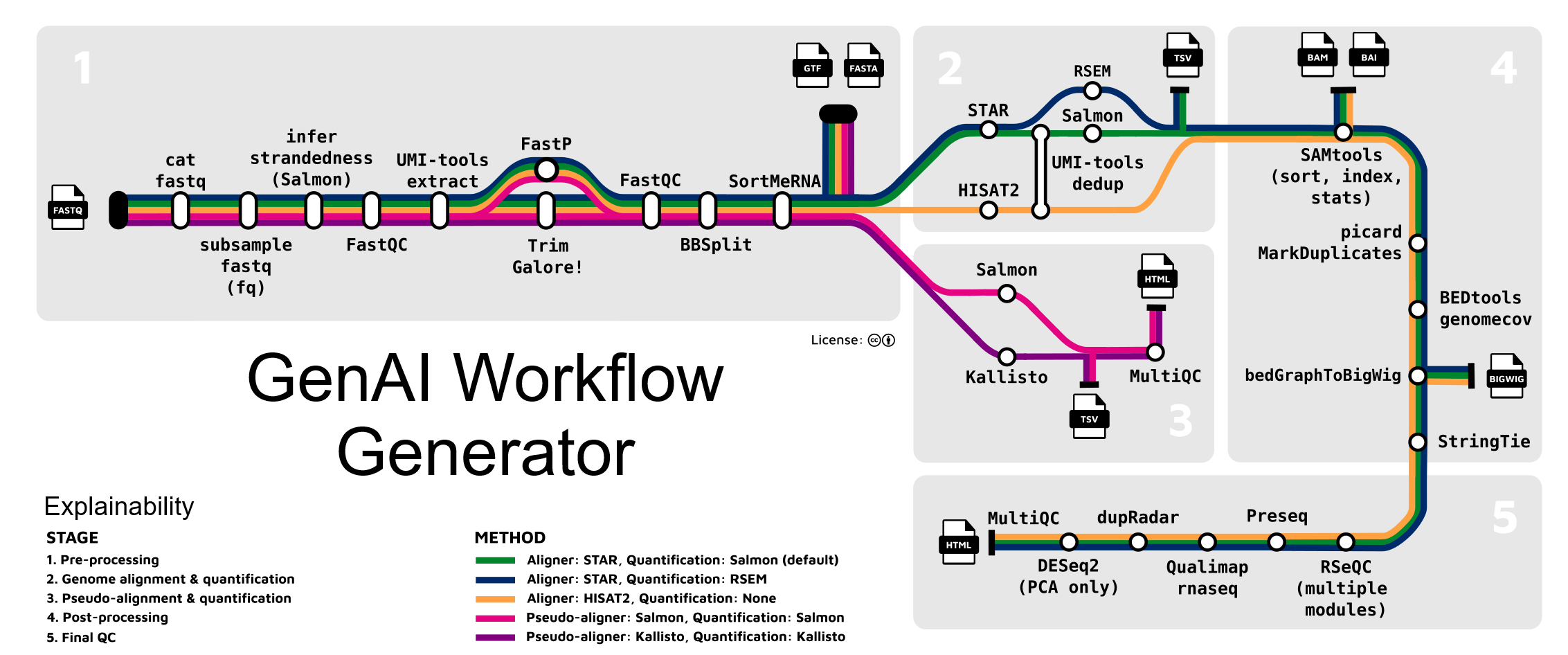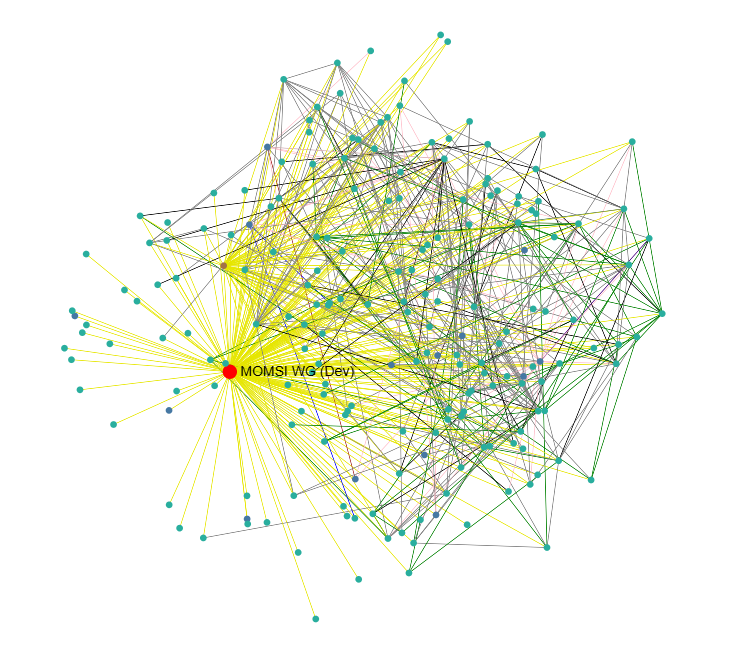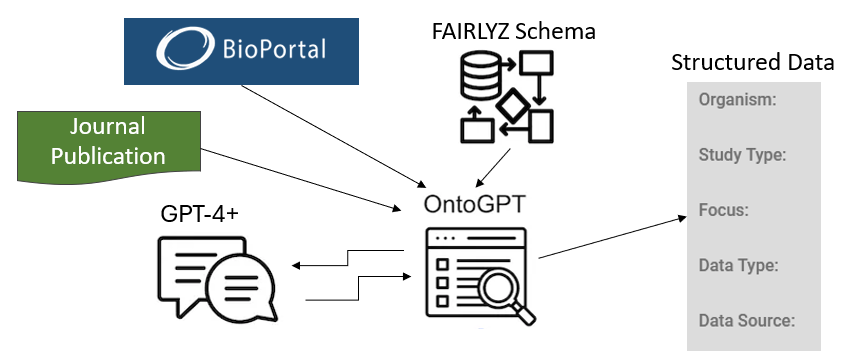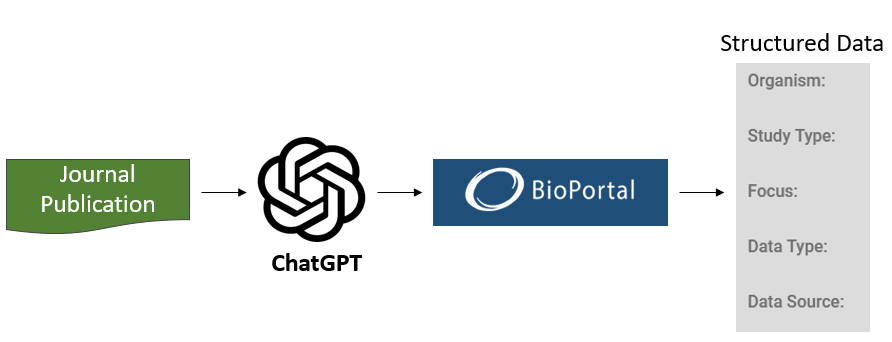Author: Patricia Buendia
-
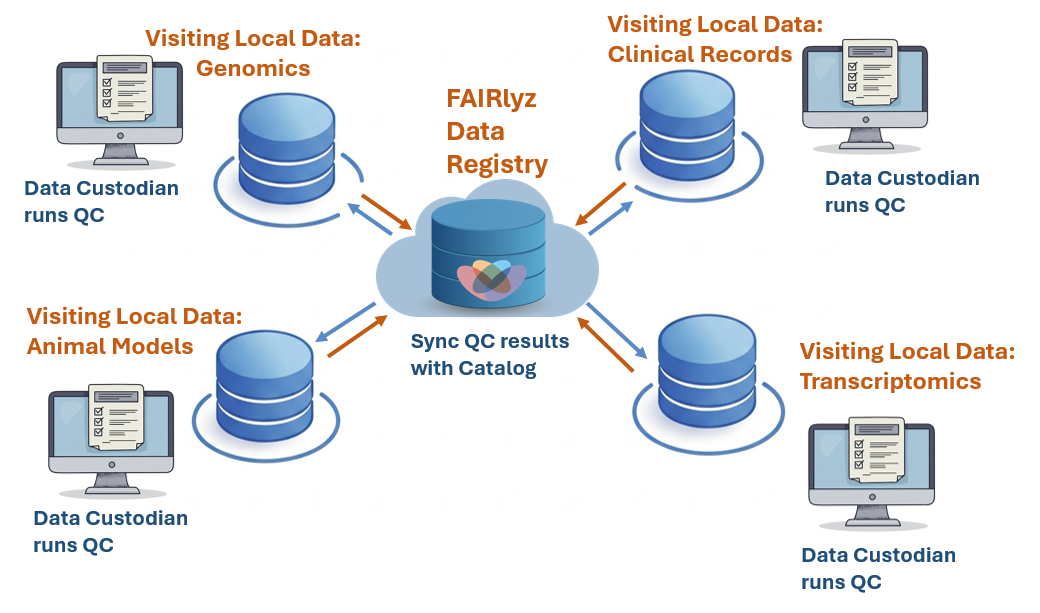
Federated Data Platforms vs. Data Visiting Technologies
What technologies and methods enable the access and analysis of sensitive data using AI/ML, while preserving data privacy and avoiding centralization? That’s the challenge federated data and data visitation technologies aim to solve. But are they the same thing? Not quite. This post will break down the key differences, explore their respective applications, and provide…
-

Part 1: Key Takeaways from the RDA Plenary on AI/ML and Interoperability
The 23rd RDA Plenary Meeting in San José, Costa Rica, brought together a global community of researchers to address the pressing issue of sustainable science. The plenary was divided into many sessions that ran simultaneously and were organized by RDA working groups (WGs) and interest groups (IGs). The event offered valuable insights and sparked innovative…
-
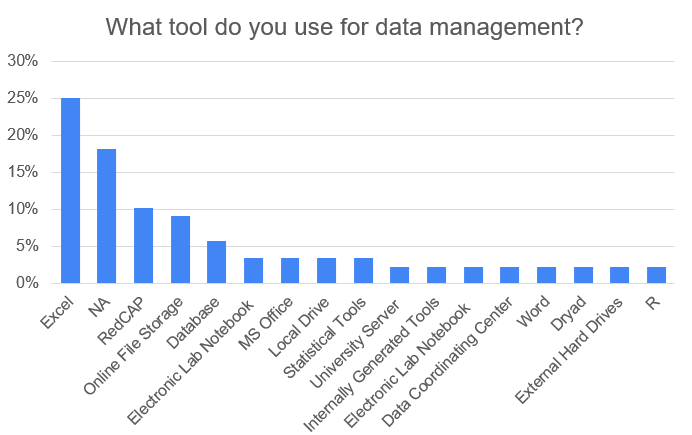
The FAIRLYZ Survey Report: Optimizing Data Sharing for Scientific Progress
Biomedical data sharing, especially crucial for AI’s reliance on large, high-quality datasets, fuels scientific progress by enabling new research and collaborations around data reuse, and the development of new tools trained on the data. To gain insights into current data sharing practices and challenges, the FAIRLYZ project surveyed NIAID-funded researchers. An analysis of the survey…
-
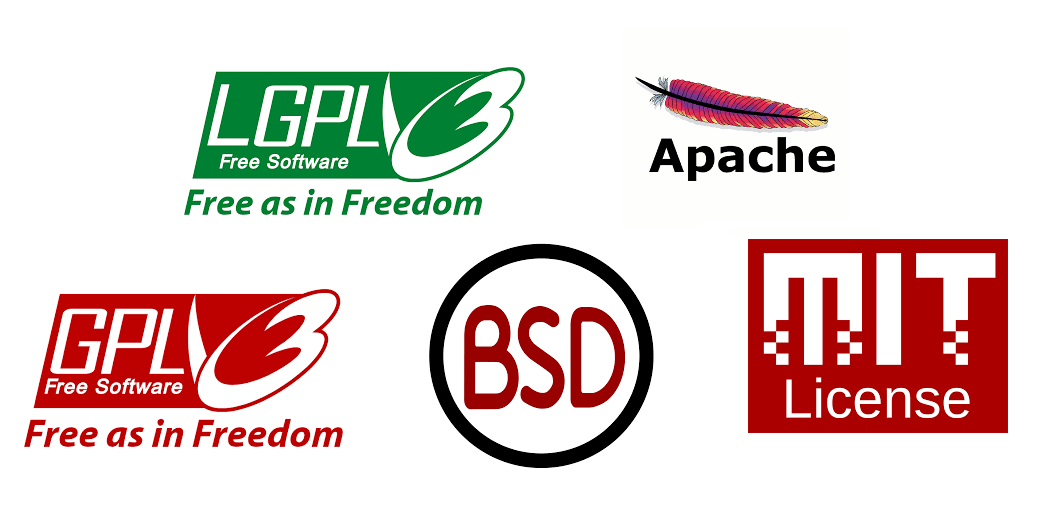
The Practice of Licensing Biomedical data
There are several reasons why a researcher might choose to license their data using permissive licenses like MIT, Apache 2.0, or LGPL including increased accessibility and collaboration. Benefits Benefits for the scientific community: Benefits for the Researcher: Alignment with Funding Agencies: Downsides to Consider: Overall, researchers often choose permissive licenses to promote collaboration, transparency, and…

